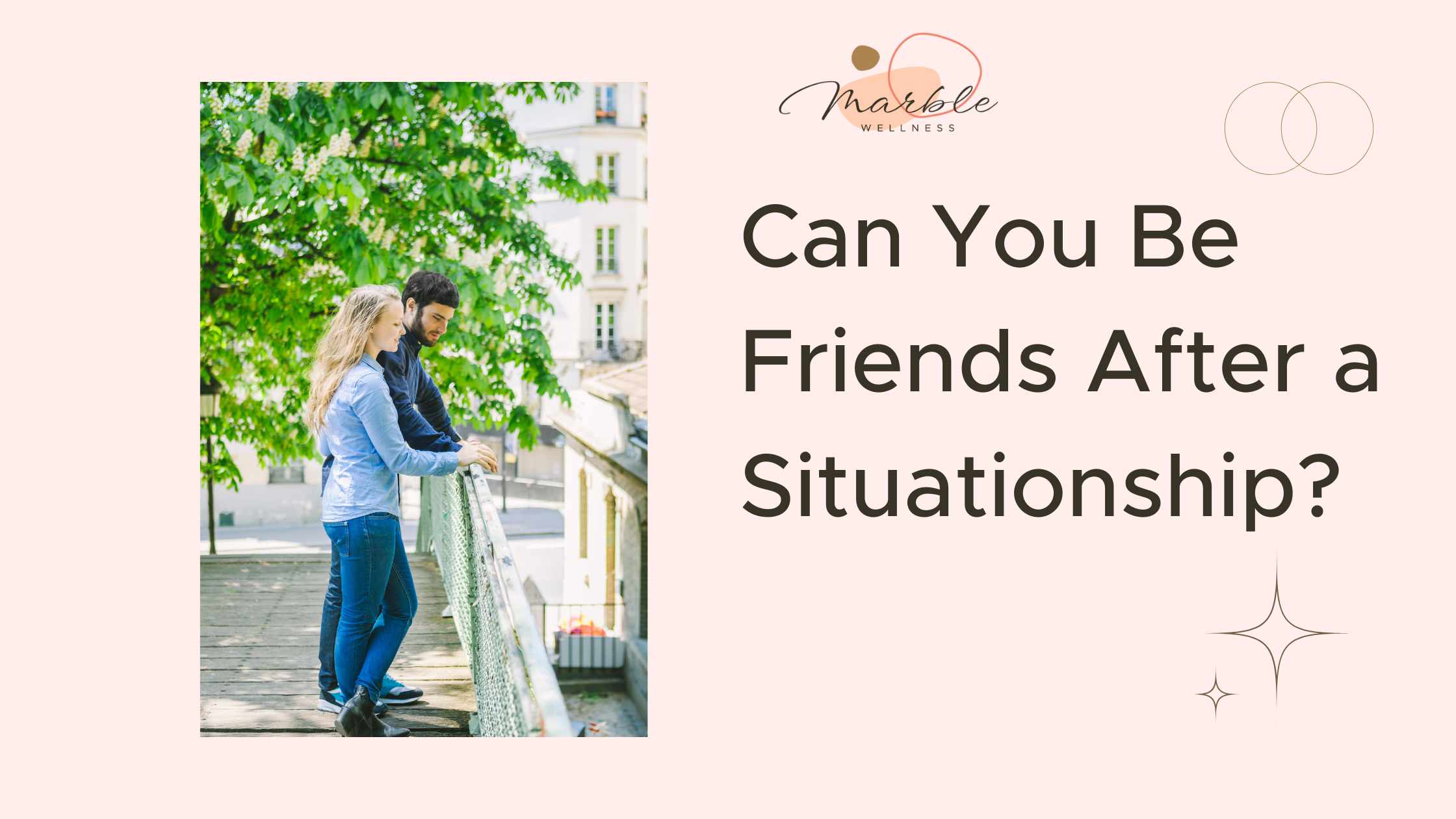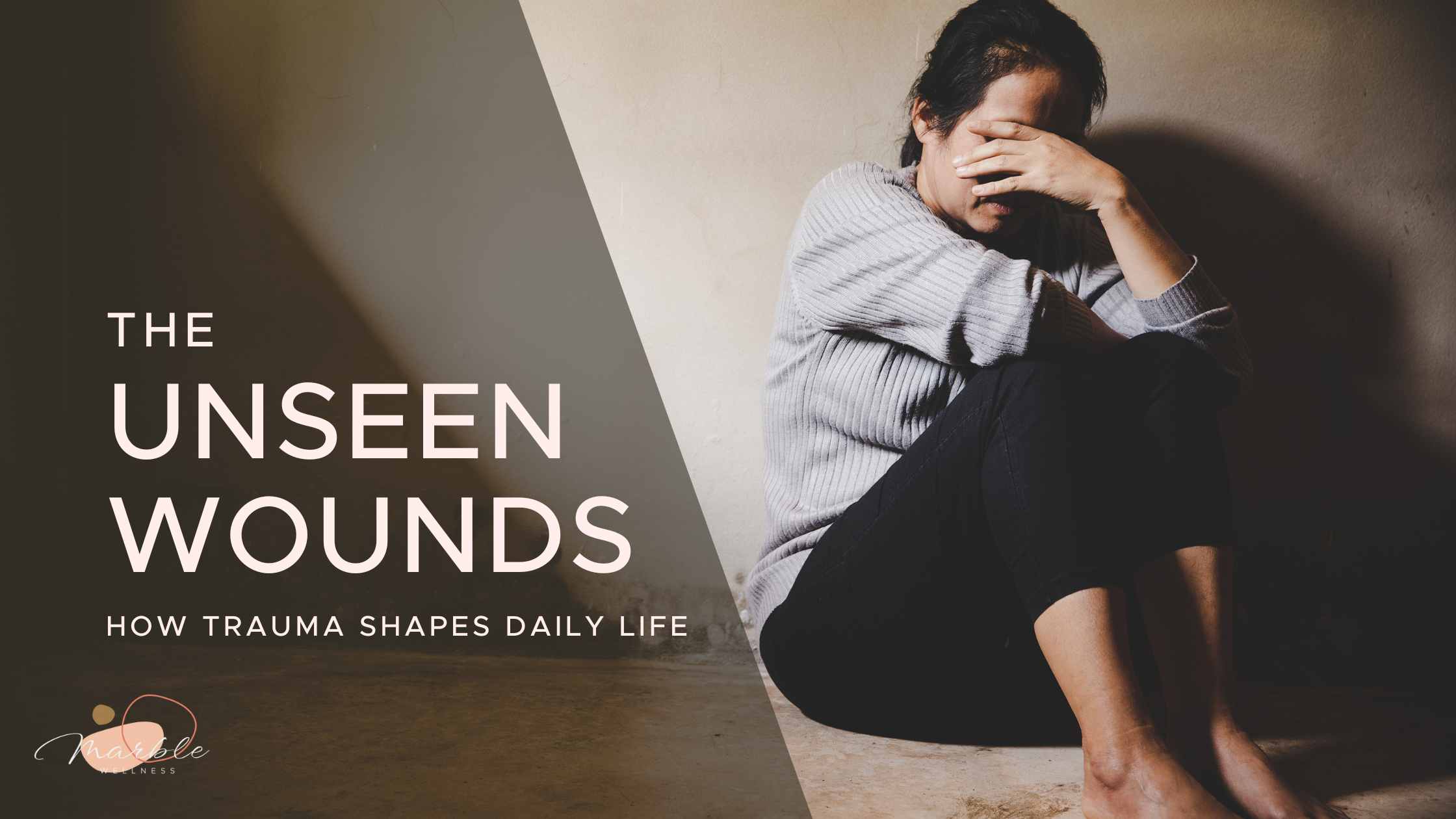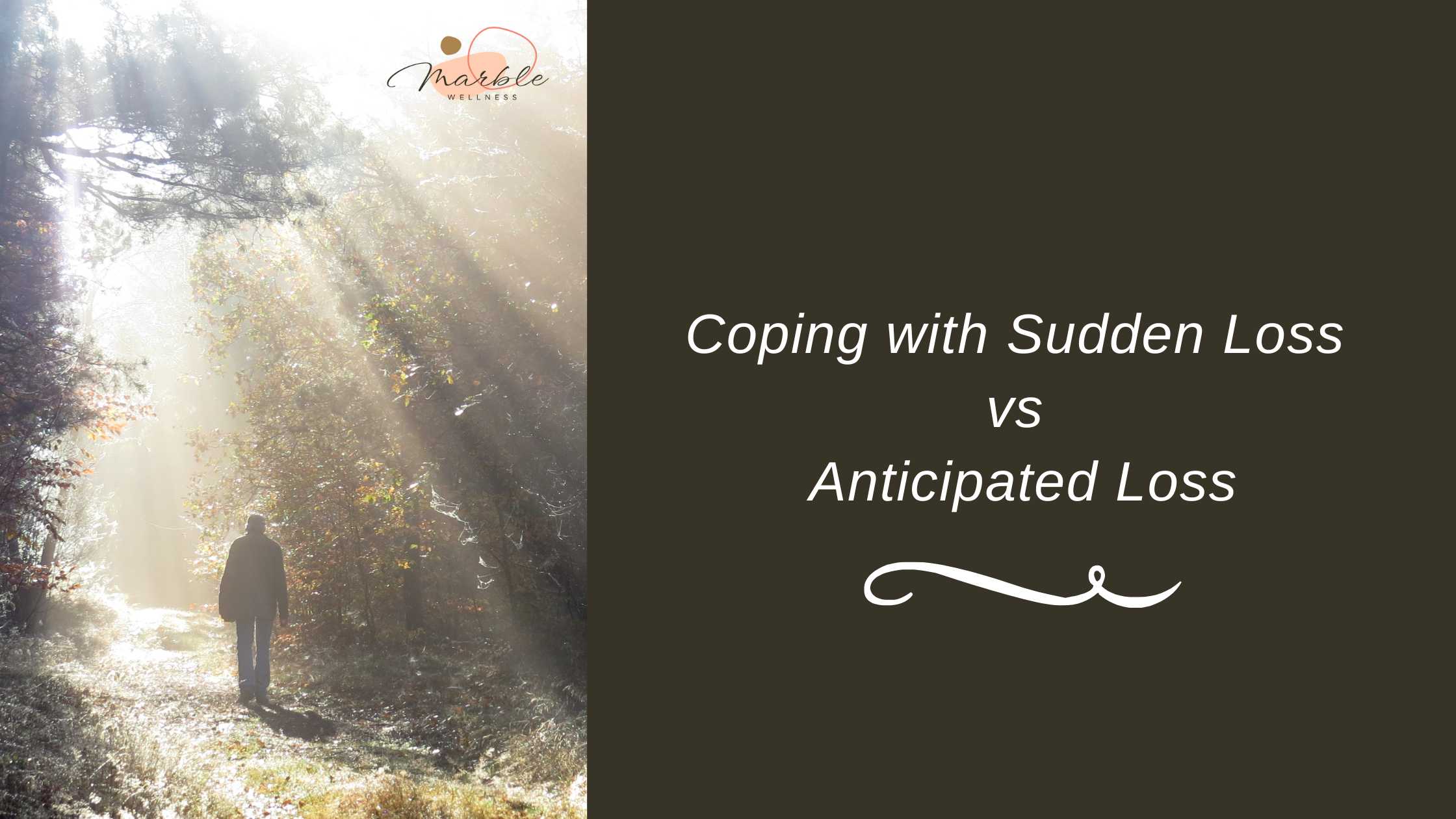Friendship breakups–those painful moments when a close connection fades or ends–are often overlooked in conversations about emotional well-being. Yet, these losses can be just as impactful as romantic breakups, stirring up a complex mix of emotions and mental health challenges. If you’ve ever experienced the sudden silence of a once-close friend or felt the sting of drifting apart, you’re not alone. Understanding why friendship breakups matter and how they affect your mental health can empower you to heal and grow.
Causes of Friendship Breakups: Why Do Friendships End?
Friendships evolve, just like we do. Sometimes, they naturally grow apart, but other times, the ending feels abrupt and painful. Here are some common reasons friendships break up:
- Different Interests or Life Stages: As you and your friend grow, your priorities and lifestyles may shift. What once bonded you might no longer feel relevant.
- Lack of Effort or Communication: Busy lives, especially for moms, dads, and young adults juggling multiple roles, can lead to neglecting friendships.
- Unresolved Conflicts or Breaches of Trust: Arguments or betrayals can create rifts that feel impossible to mend.
- Personal Growth and Changing Values: Sometimes, people change in ways that no longer align with each other’s values or goals.
- Replacement by New Friendships: New connections can unintentionally push older ones aside.
- Developmental Mismatches: Particularly in adolescence, differences in maturity or interests can cause friendships to falter.
Recognizing these causes can help you make sense of the breakup and reduce self-blame. It’s rarely just one person’s fault.
The Emotional Impact: More Than Just “Losing a Friend”
Losing a friend isn’t just about missing their company. It can deeply affect your emotional and mental well-being:
- Grief and Sadness: You’re mourning the loss of someone who was part of your daily life and emotional support.
- Anger and Rejection: Feelings of betrayal or abandonment can surface, especially if the breakup was sudden or without explanation.
- Anxiety and Depression: The loss can trigger or worsen mental health symptoms, including loneliness and feelings of isolation.
- Disruption of Support Systems: Friends often form the backbone of your social and emotional safety net. Losing that can leave you vulnerable.
- Negative Impacts on Self-Esteem: You might question your worth or wonder what you did wrong, impacting your self-perception.
For busy parents and young adults in communities like Ballwin, Kirkwood, or Chesterfield, where social connections are vital for support, these feelings can be especially challenging to navigate.
Types of Friendship Breakups: Understanding the Different Ways Friendships End
Friendship breakups don’t all look the same. Here are some common types:
- Complete Dissolutions: The friendship ends entirely, with no contact.
- Downgrade Dissolutions: The friendship continues but becomes less close or meaningful.
- Ghosting: One person abruptly stops all communication without explanation.
- Gradual Distancing: The friendship fades slowly as both parties drift apart.
Each type carries its own emotional challenges. For example, ghosting can leave you feeling confused and rejected, while gradual distancing might cause lingering sadness and nostalgia.
Unique Challenges: Why Friendship Breakups Are Harder Than They Seem
Unlike romantic breakups, friendship endings often lack clear societal scripts. There’s no standard “breakup conversation” or social rituals to help you process the loss. This can make it harder to find closure.
Additionally, friendship breakups can affect shared social circles, creating awkwardness or forcing you to navigate complicated group dynamics. This is especially true in tight-knit communities like Frontenac or Clayton, where social networks often overlap.
Because friendships are less publicly recognized as serious relationships, the emotional pain is sometimes minimized by others, leaving you feeling isolated in your grief.
Healing and Moving Forward: Practical Steps to Rebuild Your Emotional Well-Being
Healing from a friendship breakup takes time and intentional effort. Here are some compassionate, actionable steps you can take:
- Allow Yourself to Grieve: It’s okay to feel sad, angry, or confused. Give yourself permission to experience these emotions without judgment.
- Reflect on the Friendship: Consider what you learned about yourself and relationships. What growth opportunities can you take from this experience?
- Focus on Self-Care: Engage in activities that nurture your mind and body-whether that’s exercise, meditation, or creative hobbies.
- Strengthen Other Relationships: Lean on family, other friends, or supportive community groups. If you’re in the St. Charles or Wentzville areas, local clubs or wellness groups can be great places to connect.
- Be Open to New Friendships: When you’re ready, allow yourself to build new connections. Remember, not every friendship will mirror the last, and that’s okay.
- Seek Professional Support if Needed: Sometimes, the pain of a friendship breakup can trigger deeper mental health issues like anxiety or depression. Therapy intensives or counseling at Marble Wellness in St. Louis, MO, can provide focused support to help you heal.
Emerging Concepts: Understanding “Friendship PTSD” and Its Effects
Recent research has introduced the idea of “friendship PTSD,” describing the lasting emotional impact of traumatic friendship endings. This can manifest as:
- Feelings of Dread in New Friendships: Fear that new connections will end badly.
- Cynicism Toward Relationships: Doubting the sincerity or longevity of friendships.
- Difficulty Trusting New Friends: Guarding yourself to avoid future hurt.
Recognizing these feelings is the first step toward overcoming them. Therapy and self-reflection can help you rebuild trust and openness in your social life.
Why Friendship Breakups Matter and How You Can Thrive
Friendship breakups are more than just social losses-they affect your mental health, self-esteem, and sense of belonging. As a busy mom, dad, or young adult in communities like O’Fallon, Union, or Warrenton, you deserve compassionate support and practical tools to navigate these challenges.
Remember, healing is a journey. By acknowledging your feelings, practicing self-care, and seeking connection, you can emerge stronger and more resilient. At Marble Wellness, we understand the unique struggles friendship breakups bring and are here to support you every step of the way.
Start Therapy in the St. Louis Area
If you live in the St. Louis metro area and are ready to improve your mental health, our expert St. Louis therapists are here to help. Not only do we have a team of therapists in Ballwin, MO, but we have also recently expanded to serve the Lake St. Louis and Wentzville area! Reach out to our Client Care Coordinator today to discuss your therapy options, both in-person and via online therapy in Missouri.
Contact Us!
Learn About Our Group Offerings

Additional Counseling Services at Marble Wellness in St. Louis, MO
Marble Wellness Counseling services are designed to help set you on a path of living a more fulfilled, calm, and happy life. Our St. Louis area therapists have a variety of training backgrounds and areas of expertise. We specialize in anxiety, depression, grief, chronic illness, therapy for men, couples, and maternal overwhelm. Our practice also helps new moms with various postpartum concerns, moms in the thick of parenting, and moms with teens. We can also chat from wherever you are in the state with online therapy in Missouri. No matter where you are in your journey, we are here to help you thrive!



